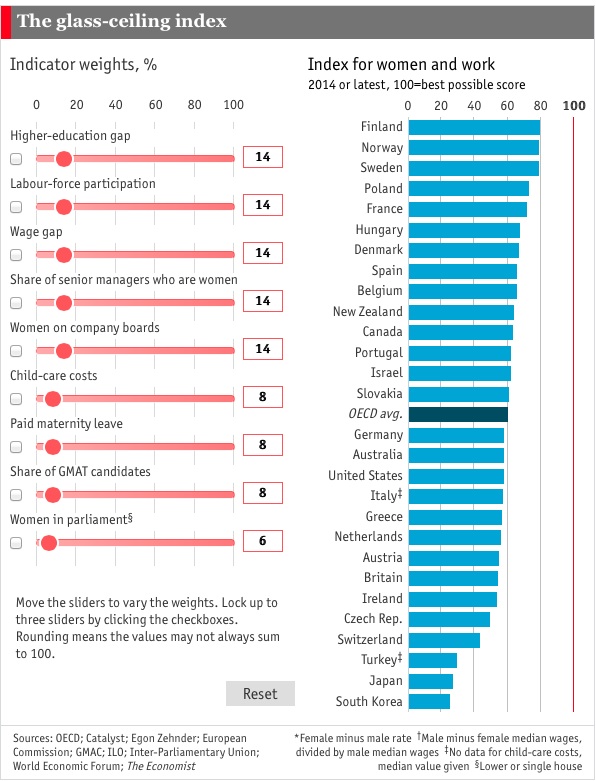William Pesek writes: In a new report, Goldman Sachs says the yuan is now used in 80 per cent of transactions into and out of the cyber currency, topping the US dollar, yen and euro. Given that the Communist Party’s highest priority is stability, and the rampant use of bitcoin represents nothing if not the opposite, it’s probably only a matter of time until Beijing tries to crack down.
It wouldn’t be the first time. In December 2013 – at a time when the yuan accounted for about 50 per cent of bitcoin transactions – Zhou clamped down hard on the nascent payment system, citing concerns that it was enabling money laundering and undermining capital controls.
The People’s Bank of China barred financial institutions from handling bitcoin transactions, concluding it wasn’t a currency with “real meaning”. A few months later, in March 2014, it went further, ordering banks and payment companies to close the trading accounts of more than 10 bitcoin exchanges.
But bitcoin traders continue to show up the People’s Bank of China. As Goldman Sachs points out, the trading volume on the mainland has risen markedly – even as bitcoins plunge in value (from about US$1,100 in late 2013 to around US$300) and lose cachet elsewhere. “Bitcoin,” writes Goldman Sachs analyst James Schneider, “has momentum in China.”
What gives? Some mainlanders are surely buying bitcoin to engage in relatively innocent forms of financial speculation. But they are probably outnumbered by the people who are using it to move yuan overseas, while circumventing Beijing’s currency controls. That’s partly because the mainland’s broader economic slowdown provides fewer lucrative investment opportunities. But it’s also because of Communist Party general secretary Xi Jinping’s ongoing crackdown on corruption, which has made it harder to launder ill-gotten funds. (Hong Kong money changers used to be the laundering method of choice, but are no longer readily available.)
Bitcoin’s value gyrates too wildly to be a viable transactional unit, but it’s proving to be a nifty way to move money across borders beyond the watchful eye of the government.
Bitcoin’s surging popularity on the mainland – despite the attempts to crack down against it – underscores how fragile the world’s second-biggest economy is at present. Data released on Wednesday showed industrial output since the beginning of the year was at its slowest pace since 2009, rising just 6.8 per cent in January and February. Deflation also seems to be on the horizon.
Wired magazine explored the rise of darkcoin, which is fast becoming the chosen medium of drug merchants and others active on the mainland’s black market. It’s not hard to imagine the development of other such cryptocurrencies with Chinese characteristics.
When the mainland previously faced money laundering problems, it had clearer solutions at its disposal. Last year, for example, Beijing clamped down hard on Macau, whose casinos had become a favoured laundromat for ultra-rich Chinese.
But now that it’s facing a stealthier threat in bitcoin, its options are more limited. Zhou is undoubtedly aware of the problem posed by bitcoin, but he may not yet know what he should do about it.











